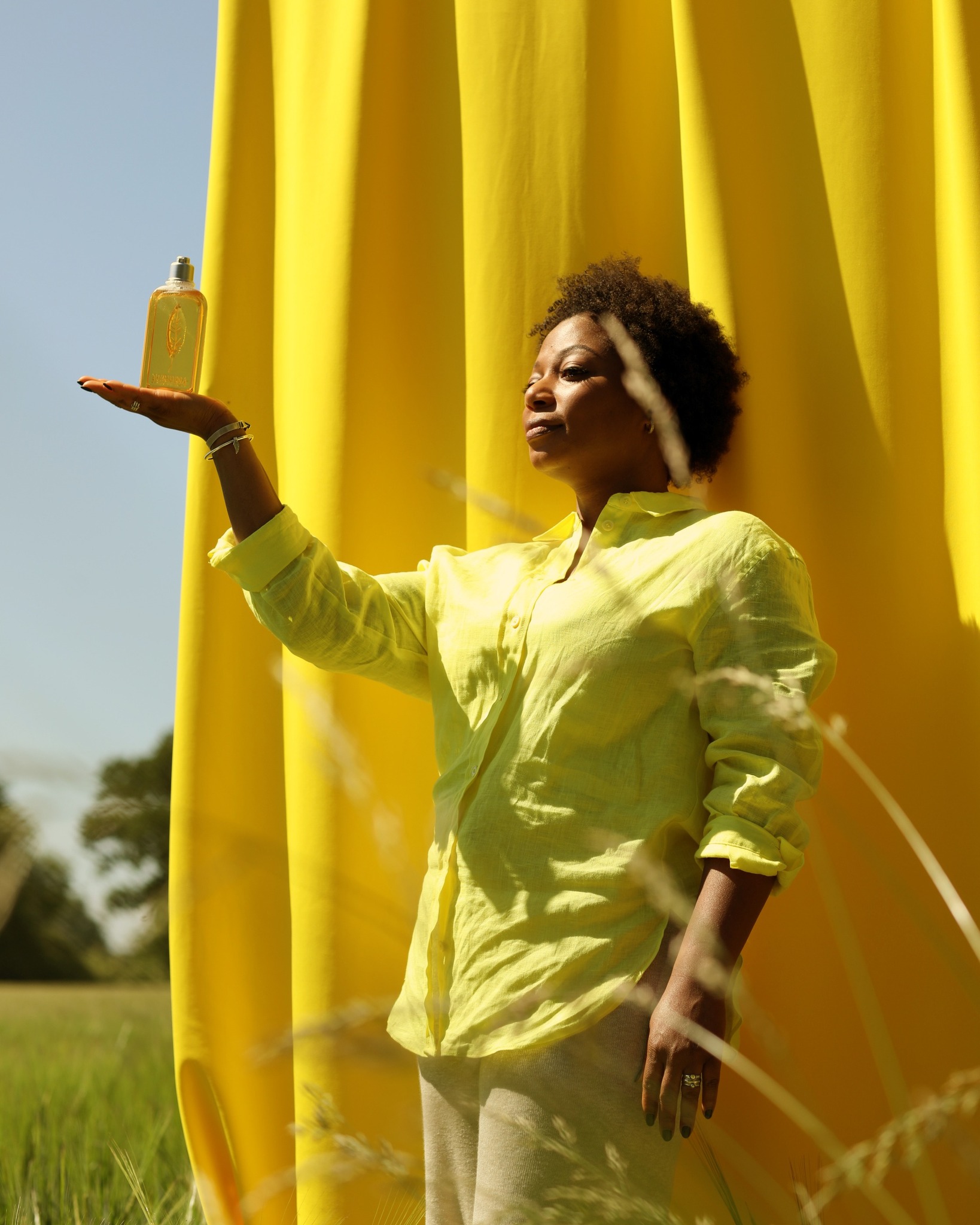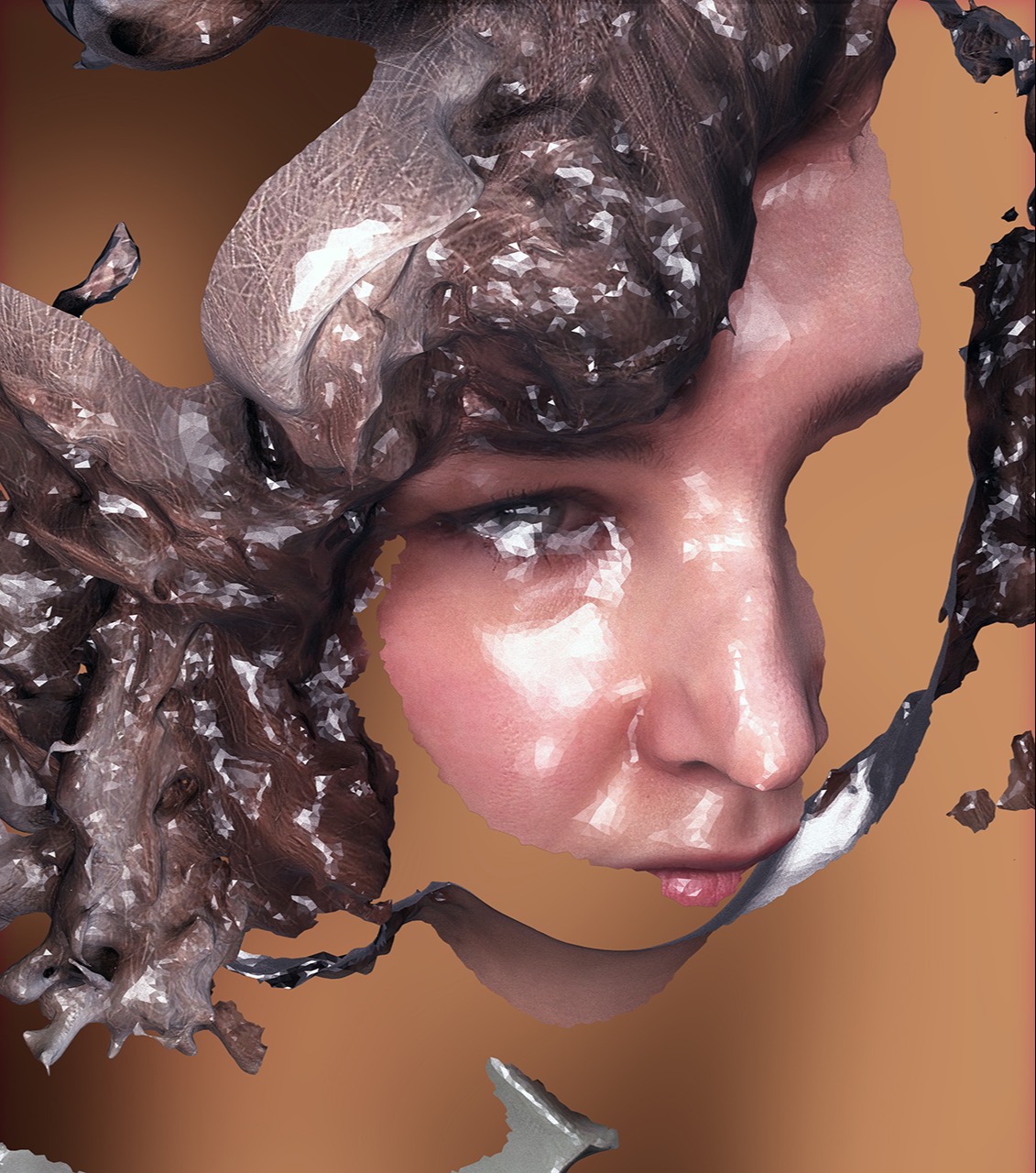23 : 12 : 22 : Weekly Debrief
This week: Factory of the future, luxury group promotes biodiversity, a creative approach to automative retail, China becomes the first country to trial deepfake regulation, and Gen Z parents reject gender norms.
23 December 2022
Author: The Future Laboratory
Image: Lynk & Co. Designed by Masquespacio, Spain
Share
𝕏
1. Unism imagines the factory of the future
Poland – Architecture studio Unism has envisaged a new forward-thinking proposition for factory design: a below-ground facility, concealed by a grass rooftop that blends into the rural environment.
Developed for the pet food company EcoPet, the subterranean factory plan is adapted to fit the surrounding landscape, drawing on biomimicry principles. While all production and storage functions are located below ground, the upper levels will be open to the public, hosting a visitor centre, a research centre and workspaces for the company’s office staff.
‘Unlike a typical large-scale industrial development, the EcoPet factory aims to stay symbiotic with nature by blending its form with the local landscape. We hope it will become a blueprint for similar projects in the area,’ the studio said in a statement.
With this project, Unism hopes to be a model for the factories of tomorrow, and inspire initiatives making industrial areas more respectful of rural landscapes, but also engaging local communities by becoming Open-door HQs.
2. Kering and L’Occitane team up to support nature protection
Canada – Global luxury group and sustainability pioneer Kering has teamed up with cosmetics company L’Occitane Group to collectively protect and restore biodiversity with the creation of the Climate Fund for Nature.
The joint initiative aims to mobilise resources from the luxury, fashion and beauty industries to collectively support biodiversity restoration and conservation on a large scale. The Climate Fund for Nature will bring significant capital to projects supporting nature protection and restoration, mostly in regions where investors source raw materials.
Criteria that make a project eligible include the ability to deliver measurable outcomes for nature, climate and local livelihoods, but also to contribute to women empowerment. The fund will back projects helping farmers transition to regenerative practices or deliver carbon credits, for instance.
‘A Net Zero and nature-positive economy requires huge amounts of capital, and the ambitious contribution of corporates is essential to achieve this transition,’ says Anne-Laurence Roucher, deputy CEO of sustainable investment company Mirova.
With this symbiosis strategy, the organisations hope to fulfil ambitious commitments – £122.3m ($148.7m, €140m) has already been pledged, with plans to onboard new partner companies in the near future.
 L’Occitane, France
L’Occitane, France
3. Mobility brand Lynk & Co’s creative approach to automotive retail
Spain – Steering away from the conventional automobile showroom, Lynk & Co has unveiled a versatile 400-square-metre space in Barcelona intended as an experiential meeting point.
Designed by the creative studio Masquespacio, the project aims to reflect the creativity and unconventional character of the car brand, which offers a range of flexible, membership-based mobility solutions.
As such, The Barcelona Club serves as a creative and sustainable meeting place described as ‘a world of utopias’, where visitors experience a hyperphysical immersion into the brand’s universe. The brutalist décor of the space is intentionally full of imperfections to inspire surprise, with elements like a trompe-l’oeil swimming pool in the co-working area or a show of lights and sounds in the bathrooms.
Lynk & Co’s versatile space in Barcelona is reminiscent of a concept store or a members’ club rather than a showroom, paving the way for disruptive automotive retail spaces providing sensorial awe-inducing experiences to attract a new wave of consumers.
 Dutch Invertuals. Visuals by Audrey Large
Dutch Invertuals. Visuals by Audrey Large
4. China is the first country to trial deepfake regulation
China – Taking effect as early as January 2023, the Chinese Cyberspace Administration will implement new rules overseeing the use of deepfake, so that China becomes the first country to regulate the technology.
The Administrative Provisions on Deep Synthesis regulation aims to protect Chinese citizens by banning digital voice or image impersonation without consent. Regulators define ‘deep synthesis’ as the use of technologies including deep learning and AR to generate text, images, audio, video or create virtual scenes. With these guidelines, anyone who intends to create a deepfake is compelled to contact the person whose voice or image they plan to use and can only proceed if given consent.
This government initiative comes in the face of growing concerns about harmful AI use cases, such as scams or identity theft. If successful, China’s AI moderation model could be adopted by other countries. As the use of AI is exponentially democratised, whether it is in an AI-verstisement or for AI-powered art, giving people power and control over their image and identity is a key challenge for big tech.
5. Stat: Young parents are rejecting gender norms
Global – As more members of Generation Z become parents, they are applying their progressive views on gender and identity to their parenting style, paving the way for new, gender-neutral approaches to raising a child.
‘Beyond pink and blue’ has been named by image discovery platform Pinterest as a visual trend to watch in 2023 as part of its annual Pinterest Predicts report. Despite taking root in an aesthetic trend, insights suggest a deeper shift, with younger generations moving away from binary gender narratives and approaching parenting on their own terms.
Data shows increasing interest in gender-fluid parenting, as searches for unisex names nearly doubled from September 2020 to September 2022. Young parents are also turning to Pinterest for inspiration and advice on how to address gender diversity or the use of pronouns with their kids, with searches for gender flags (+285%) or self-identity art (+75%) soaring in the same period.
Resources such as educational books or art activities that help to address gender topics and steer free from stereotypes will be valuable tools for next-gen parents as Gen Z begin to enter the Parenting Market.
To future-proof your world, visit The Future Laboratory's forecasting platform LS:N Global for daily news, opinions, trends, sector specific insights, and strategic toolkits.
Want to read more?
Become a member today!
Sign up to one of our trends intelligence platform, LS:N Global and get unlimited access to a hive of insights - from microtrends and macro trends to market reports, daily news, research across eight industry sectors and much more.
Discover our memberships
Already a member? Click here to login
